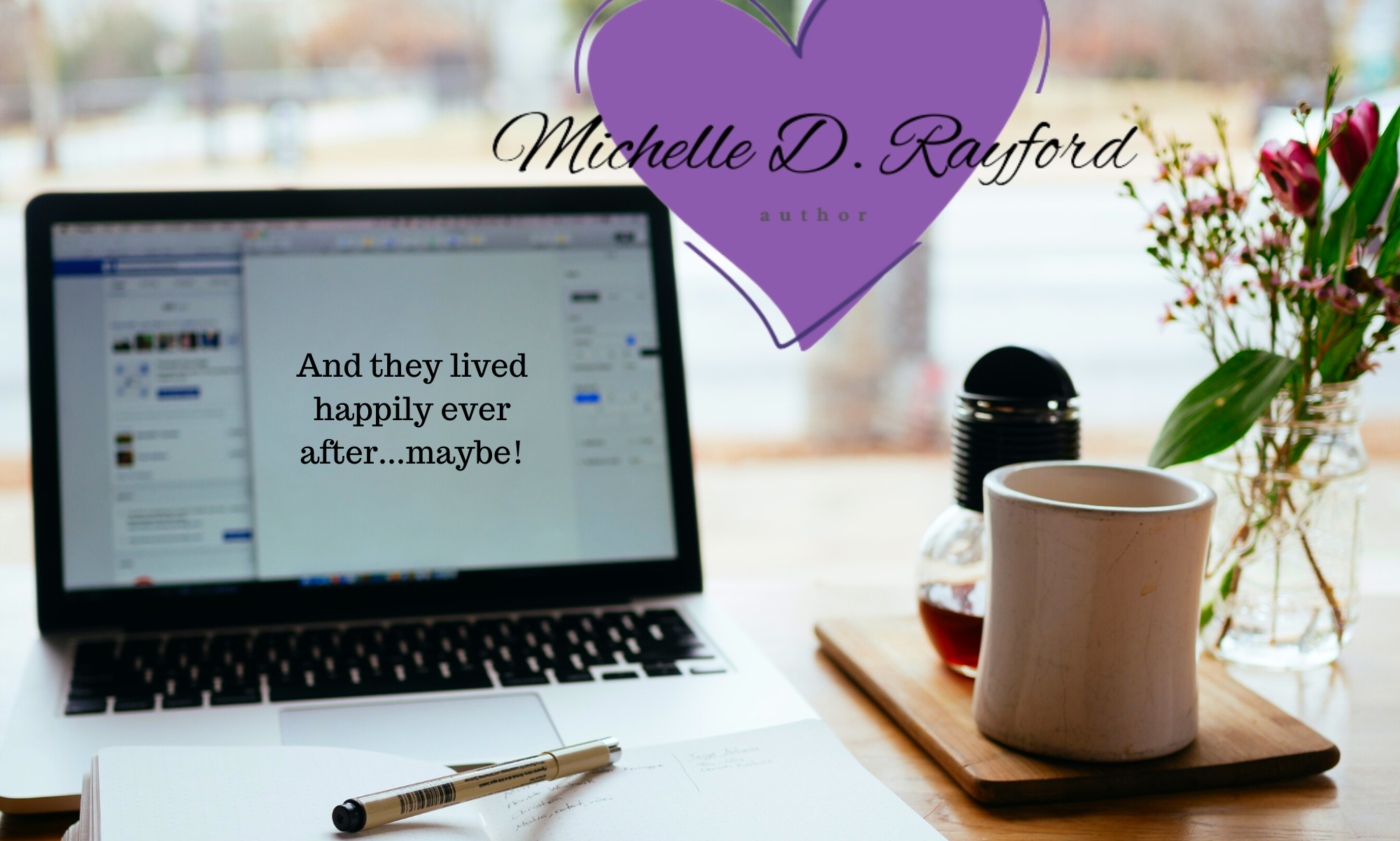
This year for our 28th Wedding Anniversary, we did something different. We went to Gatlinburg, Tennessee, and stayed at the Westgate Smokey Mountain Resort.
And while the views are beautiful, we both learned that we prefer the roar of ocean waters instead of navigating mountain roads.
Here are eight things I learned after being married for twenty-eight years (cause no one has time for a list of twenty-eight things):
- It’s possible to love someone in several ways
- You will discover new things you didn’t know about your spouse
- Laughing with your spouse is the best medicine
- Be willing to compromise
- It’s okay to go to bed angry. Sometimes you need a moment to cool off
- Your spouse should be your biggest cheerleader, but they don’t have to cheer for everything you do
- Working toward a common goal makes the journey easier
- Falling in love may happen by chance, but staying in love is a choice
Let’s hear from you. What are some things you’ve learned about marriage?



